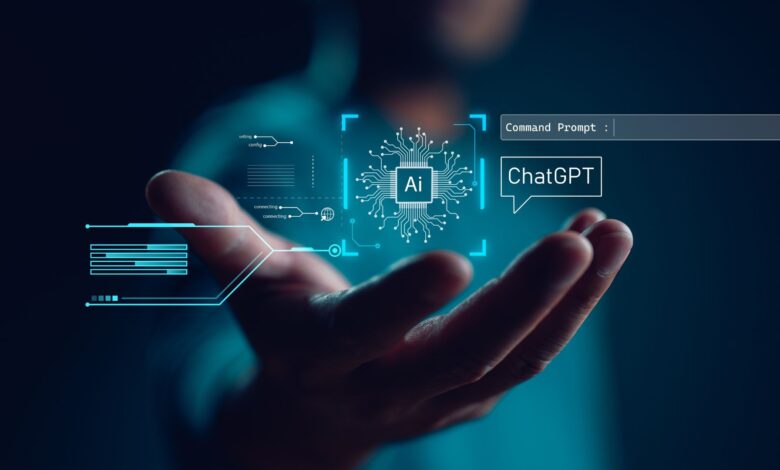AI investment isn’t slowing down — venture capitalists are funding startups while trying to grapple with environmental impact


- AI investments aren’t slowing, despite skepticism and real world dangers
- AI is expected to be an integral part of most industries
- Tech giants are going nuclear to manage electricity demands
Despite the wide-ranging potential applications of AI technology, concerns remain about its reliability, the legality of training models on copyrighted data without permission, and environmental impact.
In face of this, many investors believe generative AI will become integral to industries such as business analytics, creative services, and automation.
Analysts predict 60% of current skeptics will embrace generative AI within the next few years, knowingly or not, and investors are not slowing down as they continue to throw their hat in the ring.
The rapid expansion of Generative AI
New figures from PitchBook hae claimed investment in generative AI startups remains robust, with venture capitalists pouring $3.9 billion across 206 deals in the third quarter of 2024. US-based companies attracted the lion’s share, raising $2.9 billion across 127 deals and this does not include OpenAI’s notable $6.6 billion round.
Some standout funding rounds include Magic, a coding assistant startup that secured $320 million in August, and Glean, an enterprise search company, which raised $260 million in September.
Meanwhile, Hebbia, a business analytics firm, drew $130 million in July. Furthermore, investments extended beyond the U.S., with China’s Moonshot AI raising $300 million and Japan’s Sakana AI closing a $214 million round focused on scientific discovery.
Unfortunately, the rapid expansion of generative AI also brings challenges, particularly regarding energy consumption. According to Bain & Company, companies deploying AI at scale will require gigawatt-scale data centers, which consume up to 20 times the power of typical data centers today. This demand risks straining global electricity and labour markets.
The reliance on data centers has already prolonged the use of coal-fired power plants, with Morgan Stanley warning greenhouse gas emissions could triple by 2030 if the trend continues unchecked.
In response, major data center operators like Microsoft, Amazon, and Google are turning to nuclear energy to offset their environmental impact. Microsoft, for instance, announced plans to source power from the controversial Three Mile Island nuclear facility, though such projects could take years to become operational.
Despite these environmental and technical hurdles, investor interest in generative AI remains high. ElevenLabs, known for its viral voice-cloning tool, is reportedly seeking to raise funds at a $3 billion valuation. Black Forest Labs, the company behind a controversial image generator on the X platform, is also in talks for a $100 million funding round.
Via TechCrunch
You might also like
- These are the best business laptops
- Take a look at the best AI writers
- Meta’s plan for nuclear datacenter reportedly undone by bees


